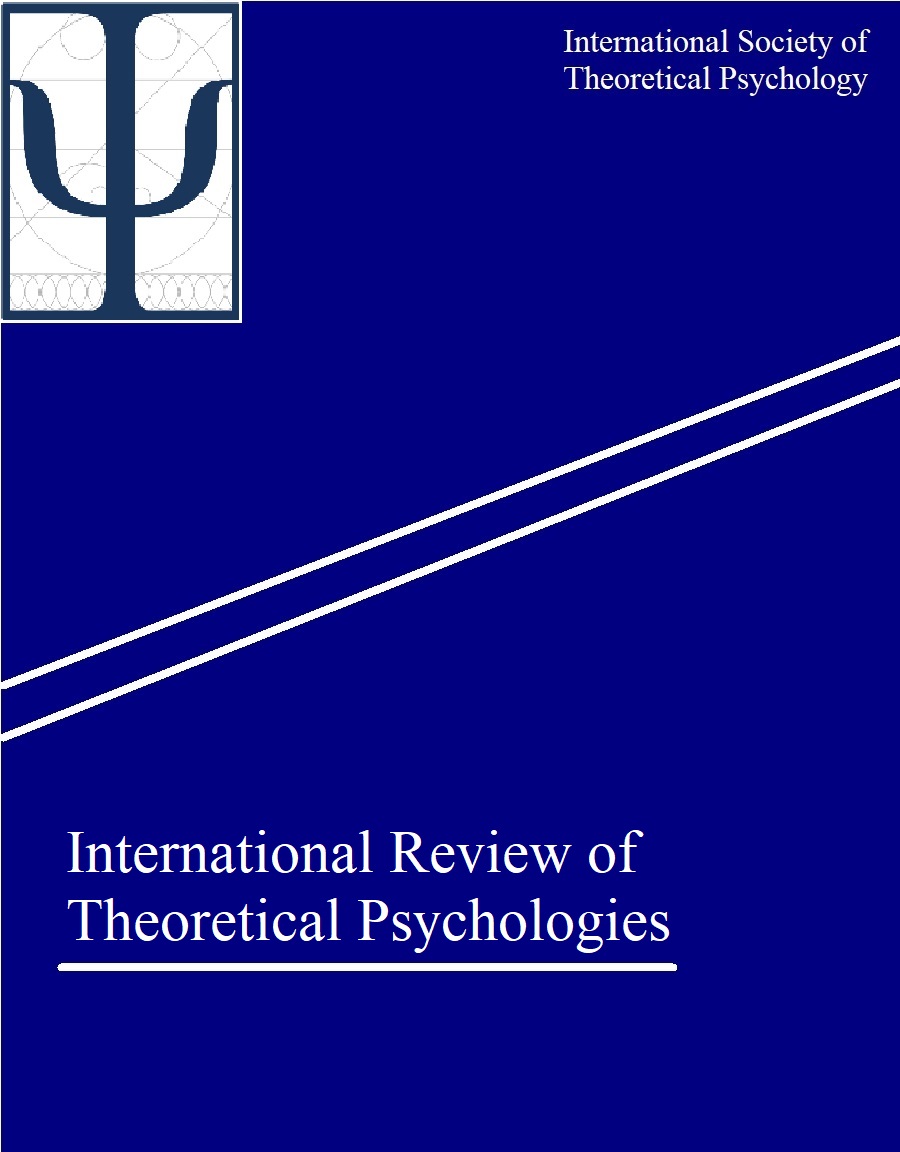A Sustainable Consciousness Promoting Dialogue With Alien Others
Bakhtin’s Views on Laughter and Euripides’ Tragi-comedy
DOI:
https://doi.org/10.7146/irtp.v1i2.128022Keywords:
Dialogue, Laughter, Novel, Greek tragedy, Alien othersAbstract
Today, people live in a culturally diverse world and often face criticisms of their ideas by outsiders who have alien perspectives. Russian literary researcher M. M. Bakhtin valued such criticisms, which may bring forth unprecedented perspectives that bridge gaps between different viewpoints. In this paper, I investigate Bakhtin’s notions concerning ‘laughter’, which describe the mental functions involved in productive dialogue. Greek tragic dramatist Euripides is the main figure of my analysis as an influence on Bakhtin’s notions of the value of laughter and dialogue, although Bakhtin did not employ systemic citations of Euripides’ works. I focus on speaker consciousness, which is described as occurring when negotiating with others who have alien viewpoints in Greek tragedies. I then propose sustainable models of consciousness that may promote communication in current contexts of ideological diversity.
Downloads
Published
How to Cite
Issue
Section
License
Copyright (c) 2021 Atsushi Tajima

This work is licensed under a Creative Commons Attribution-NonCommercial-ShareAlike 4.0 International License.
IRTP operates based on a non-exclusive publishing agreement, according to which the journal retains the right of first publication, but authors are free to subsequently publish their work. The copyright of all work rests with the author(s).
All content published in IRTP is licensed under a Creative Commons Attribution-NonCommercial-ShareAlike 4.0 International license (CC BY-NC-SA 4.0). This license allows authors and readers to share and adapt content for non-commercial purposes, provided that they abide by the following terms:
- Give credit to the original author(s)/creator(s) and attribution parties (i.e., IRTP);
- Provide a link to the original source, to the extent practicable;
- Include the copyright notice and/or indicate the corresponding Creative Commons license;
- Indicate what, if any, adaptations were made to the original; and
- Share adapted content under the same license as the original.
Authors are encouraged to familiarize themselves with the various Creative Commons licenses. Readers are advised to consult the licensing information embedded in each published work to ensure that they are familiar with the terms of use that apply.





